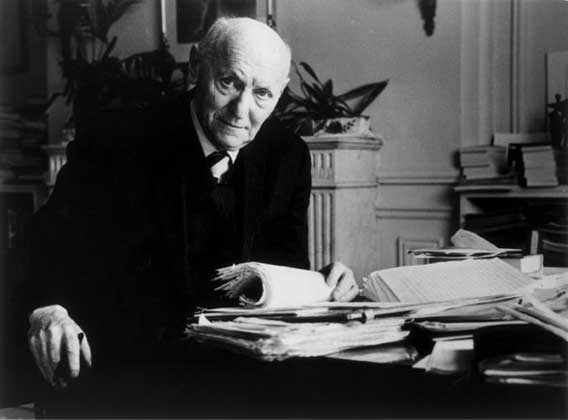The directory «Plots»
Singer Isaac Bashevis
(1904–1991)

American novelist and short-story writer in the Yiddish language, younger brother of I. J. Singer, b. Leoncin, Poland (then in Russia). The son of a provincial Hasidic rabbi (see Hasidism), he moved to Warsaw in the early 1920s and became associated with the city’s Yiddish literati. He emigrated to the United States in 1935 and worked in New York City as a journalist on the Yiddish-language Jewish Daily Forward, which also published much of his early fiction. In 1943 he became an American citizen. Singer’s American career was launched a decade later when his story “Gimpel the Fool” was discovered by Irving Howe, translated by Saul Bellow, and published in the Partisan Review.
Singer’s work, often frankly sexual, draws heavily on Jewish folklore, religion, and mysticism and frequently deals with shtetl life in pre-Holocaust Eastern Europe. Many of his later works treat the loneliness of old age and the sense of alienation produced in Jews by the dissolution of values through assimilation with the Gentile world. His novels include Satan in Goray (1933, tr. 1955), The Family Moskat (1945, tr. 1950), The Slave (tr. 1962), The Manor (tr. 1967), Enemies (tr. 1972), Shosha (tr. 1978), The Penitent (tr. 1983), Scum (tr. 1991), and the posthumously published Shadows on the Hudson (tr. 1997).
Singer is also highly regarded for his hundreds of vivid, imaginative, perceptive, and witty short stories. Collections include Gimpel the Fool (tr. 1961), The Spinoza of Market Street (tr. 1961), Old Love (tr. 1979), and The Death of Methuselah (tr. 1985). In 2004 his Collected Stories, in English translation, were published in three volumes. Singer also wrote books for children and several plays, notably The Mirror (tr. 1973). Though he wrote in Yiddish, he was fluent in English and closely supervised the English translations of his works. In 1978 he won the Nobel Prize in Literature, the first Yiddish-language author to be so honored.
Zambia, 2001, Isaac B. Singer